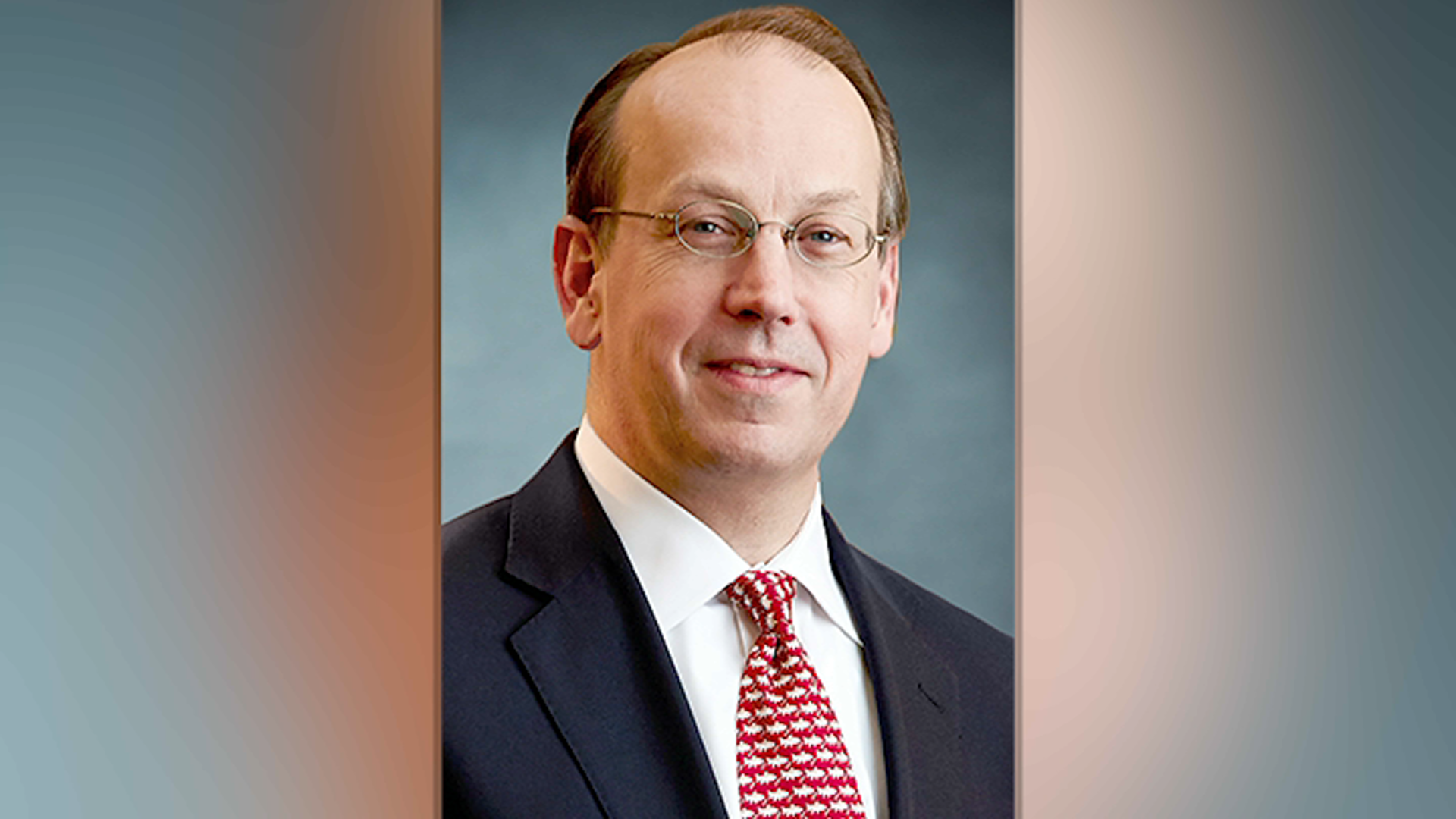What to Know
- Hudson Valley residents are against a proposal that would create 40 commercial anchorage sites throughout New York
- Pilots and industry officials say they need safe places to anchor for an extended period of time
- Opponents to the proposal say the anchorage sites could create risks to public safety such as tainted drinking water
From her clifftop cottage, Carolyn Marks Blackwood enjoys a sweeping view of the Hudson River and distant Catskill Mountains that once inspired the painter Frederick Church. Now, she says, the riverscape has been turned some days into a noisy parking lot for barges hauling North Dakota crude oil to East Coast refineries and export terminals.
And she fears it will only get worse if a proposal is approved to expand such sites up and down the river.
"Huge barges parked for days in front of my house, with stadium lighting at night and the constant sound of generators," Blackwood said of the traffic that began three years ago after train shipments of the crude began coming in to Albany, about 50 miles upriver.
Blackwood, a filmmaker from Rhinecliff, is among a group of Hudson Valley citizens, lawmakers and environmentalists who are fighting a proposal to establish more than 40 commercial anchorage sites at 10 locations along a 70-mile stretch of river from New York City to Kingston.
Pilots and industry officials say they need safe places to anchor, sometimes for days, as they wait for weather improvement, icebreaking, tide changes or docking space at their destination.
The main concern is increased crude oil shipments. Opponents cite potential risks to public safety, drinking water, recreation, waterfront revitalization, fish spawning grounds and the overall health of a river that has been slowly recovering from its industrialized past. And some environmental groups suspect the anchorages will actually be used to store oil on barges until prices recover from a glut of oil that began at the end of 2014.
Local
The shipping industry asked the Coast Guard to officially designate the sites after Blackwood and other residents complained to the agency about barges parking at unauthorized spots like the waters near Blackwood's home. The complaints led the agency to threaten fines for anchoring outside federally designated sites last fall.
"These anchorages have been used for years — the problem is, they were never designated," said Capt. Ian Corcoran, president of the Hudson River Pilots Association, which supports the request.
Industry officials say more anchorages are needed to accommodate more maritime traffic, and they say congestion at the Port of Albany and New York Harbor has increased the need for waiting spots for cargo ships and barges up to 600 feet long. Kingston, across the river from Rhinecliff, is a top priority because it's the last suitable anchorage area before the river narrows for the last 46 miles up to Albany.
"Trade will increase on the Hudson River significantly over the next few years with the lifting of the ban on American crude exports for foreign trade and federally designated anchorages are key to supporting trade," the Maritime Association of the Port of New York/New Jersey said in its request to the Coast Guard.
There are now two official anchorage grounds, at Yonkers just north of New York City, and 57 miles north at Hyde Park, about 10 miles south of Kingston.
The Coast Guard announced in June that it was soliciting public comments on the proposal until Sept. 7, but after an outpouring of public objections, it extended the deadline until Dec. 6 and agreed to hold public hearings. More than 3,000 comments have been submitted.
Of particular concern to riverside communities is the industry's request for both short-term and long-term anchoring, without defining how long that would be. The current stays vary based on conditions, but the Coast Guard says it could set a time limit in regulations.
We do not want to prop up the fossil fuel industry by allowing long-term anchorage of petroleum bearing vessels," Kingston Mayor Steven Noble said in a letter to the Coast Guard.
Yonkers Mayor Mike Spano said allowing up to 16 more vessels to park there "will lead to the re-industrialization of our pristine Hudson riverfront and reverse the momentum of our waterfront revitalization as evidenced by over $1 billion in new economic development."
The American Waterways Association said Coast Guard policy "must not be driven by aesthetics but by safe usage of the waterways," and said the agency's decision on anchorage placement in the Hudson could establish a precedent in other U.S. waterways as well.



